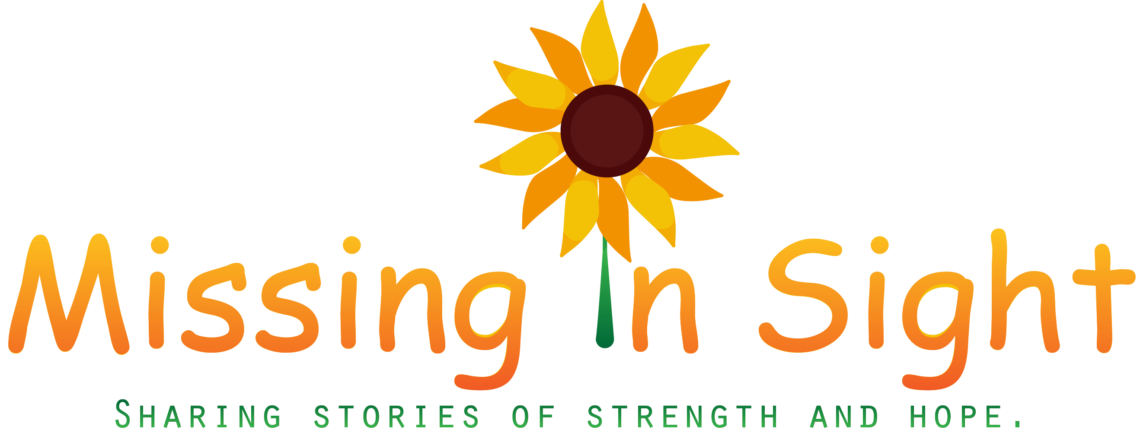You should be reading a mental health blog.
“Why,” you respond. “I am not mentally ill.”
I hear the same response in connection to mental health blogs all too often. However, you do not have to be diagnosed with a mental illness to benefit from a MH blog, so I’ll let you in on a secret.
You, yes you, actually have mental health.
Shocker, I know. However, because you have mental health is the very reason you should be reading a MH blog.

All kidding aside, look at it from another perspective. You have probably visited a physician or asked Dr. Google for information regarding an aspect of your physical health and well-being because 1) you have a real, physical body, and 2) you want to take the best care of it you can.
Likewise, you have mental health, and since mental health is health, would it not make sense to pursue with the same curiosity information and understanding of what your soul and mind need?
What Mental Health Blogs Accomplish
We all want to be understood and accepted for who we are and how we manage our lives, and MH blogs promote such awareness. They shed light on the human condition and offer a helping hand in understanding what the human experience needs.
MH blogs are written for all types of people, situations, and conditions. While different blogs focus on various aspects of mental issues, most provide valuable insight, knowledge, and personal experience to help navigate the road to better mental hygiene.
How Mental Health Blogs Are Beneficial
Reading MH blogs helps us know we are not alone. Whatever we have experienced in life, someone else has handled a similar situation and written about their reality to help others. Reading a MH blog from someone who has successfully managed to survive a similar experience can be of great comfort to us. By reading his or her story, we can make sense of our own battles and understand better how to handle our journey.
Beneficial Mental Health Topics
 MH blogs cover a variety of topics that are common to all mankind, mentally ill or not. The following 18 topics are just a small glimpse into what a MH blog can discuss and offer encouragement on.
MH blogs cover a variety of topics that are common to all mankind, mentally ill or not. The following 18 topics are just a small glimpse into what a MH blog can discuss and offer encouragement on.
- Bullying
- Suicide
- Positive thinking
- Motivation
- Interpersonal Relationships
- Positive coping skills
- Expressing feelings
- Boundary setting
- What to say to a loved one with a mental illness
- Misconceptions about mental illness
- Loneliness
- How others have coped with similar experiences to yours.
- Provides comfort and normalizing of shared experiences
- Increased awareness of self and behaviors
- Stress
- Fosters understanding and empathy.
- Maintaining mental health.
- Understanding differing attitudes, perceptions and stigma
I believe these topics are relevant to everyone and most people would benefit from the ideas, stories, and guidance MH blogs provide.
Shame, Reluctance, and Mental Health
If you feel reticent or hesitant at the thought of reading a MH blog, it could be due to the stigma attached to mental health.
The shame around mental illness is a very real problem. In 1999 the U.S. Surgeon General David Satcher identified stigma as perhaps the biggest barrier to mental health care and attributed stigma as a contributing factor in making us sicker.
Mental well-being is not just about those with a diagnosable disorder; mental health is a public health issue and should be a top health priority.
When you read a MH blog and understand yourself better, it aids in understanding others which helps to reduce stigma.
The Characterization of Those Struggling Mentally
Perhaps you have heard how those with mental illness are characterized by the media and society. People use stigma-inducing, uneducated, and misguided description for those with mental issues such as; psycho; schizo; crazy; nuts; freaks; loony; just to name a few.
Some use belittling phrases to describe them, such as:
- A few fries short of a Happy Meal
- One sandwich short of a picnic lunch
- Not the sharpest tool in the shed
- The elevator doesn’t go all the way to the top
And while these terms might be somewhat amusing, they add to the misinformed perception of what someone struggling with a mental condition contends with daily. It’s time to end the stigma, and we can all help.
In the end, knowledge is power. The more knowledgeable and educated you are on your own mental health, the more empathetic, compassionate, and forgiving you will be towards others. And, that in turn, will make all people of this world, mentally ill or not, lead a happier, healthier and more satisfying life.



